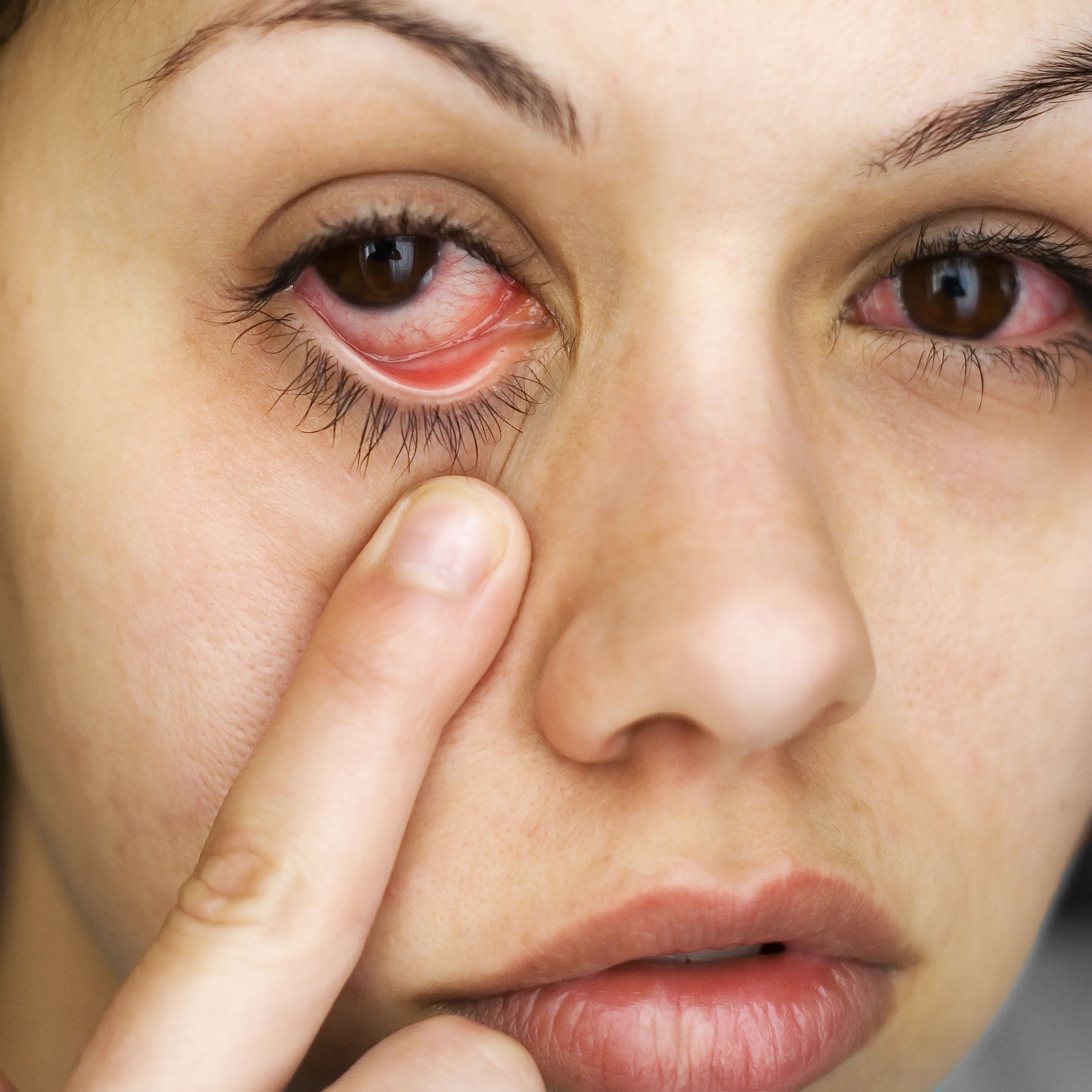 Our McAllen eye care practice believes in helping patients with vision problems great and small. That's why we offer state-of-the-art vision correction and eye care that uses the latest technology as well as common sense approaches to wellness.
Our McAllen eye care practice believes in helping patients with vision problems great and small. That's why we offer state-of-the-art vision correction and eye care that uses the latest technology as well as common sense approaches to wellness.
A number of patients come to our practice complaining of eye allergies. These issues are more common than you may realize. Let's cover the basics and then discuss the possibility of ocular allergy testing and how it works.
What Are Eye Allergies?
Eye allergies refers to the watering and irritation that affects the eyes when a person is exposed to an allergen. They are often linked to normal allergic reactions to various substances, though in this case the focus is predominantly on the eyes and the way that allergens affect the eyes.
Eye allergies are normal, and many people suffer from eye allergies in varying degrees. One of the most common kinds of allergies is known as allergic rhinitis (hay fever, seasonal allergies), which occurs when particulate matter that gets around the eyes (e.g., pollen). Pet dander is also known to cause allergic reactions.
Common Signs and Symptoms of Eye Allergies
Some of the most common signs and symptoms of eye allergies include the following:
- Itchy eyes
- Red eyes or redness of the eyes
- Burning and irritation around the eyes
- Watery eyes
- Swelling around the eyes
- Circles around or under the eyes
Given how common this all sounds, it shouldn't surprise you that millions of Americans suffer from eye allergies. Thankfully there's a way of diagnosing the type of allergies you suffer from and what may cause the above symptoms to occur.
Should I Undergo Eye Allergy Testing?
If you suffer from frequent issues with dry eye and no over-the-counter remedies help manage your problem, it's a good idea to consider allergy testing. This professionally conducted procedure allows eye doctors to pinpoint the cause of your eye allergies and develop the proper treatment plan for your situation.
Allergy testing such as this is simple and virtually painless, and it can help you determine various foods, beverages, garments, fabrics, and chemicals to avoid.
How Does Allergy Testing Work?
In essence, allergy testing will involve a common eye exam as well as an exposure of a small part of your skin to a scratch test.
The eye exam will allow an eye doctor to determine if your issues with eye allergy symptoms are related strictly to allergic reactions or perhaps an eye infection or other sort of eye condition.
The scratch test will involve a small scratch on the skin that exposes the skin to different common allergens. If you are allergic to any of these allergens, your doctor will be able to known which ones based on the reaction your skin has to the scratch test. A small bump (a bit like a mosquito bite) will appear if you are allergic.
Treatment for Eye Allergies
The treatment for your eye allergies can vary, and may involve the use of medications, immunotherapy, alternative medicines, and lifestyle changes. By combining medications with various behavioral changes and modifications, you can avoid allergic reactions and minimize the severity of your eye allergy symptoms.
Learn More About Eye Care Matters
For more information about your eye care needs and how we can help you experience enhanced and improved vision, be sure to contact our advanced eye care and vision center today. We will work closely with you to ensure your eyes are healthy for years to come.

